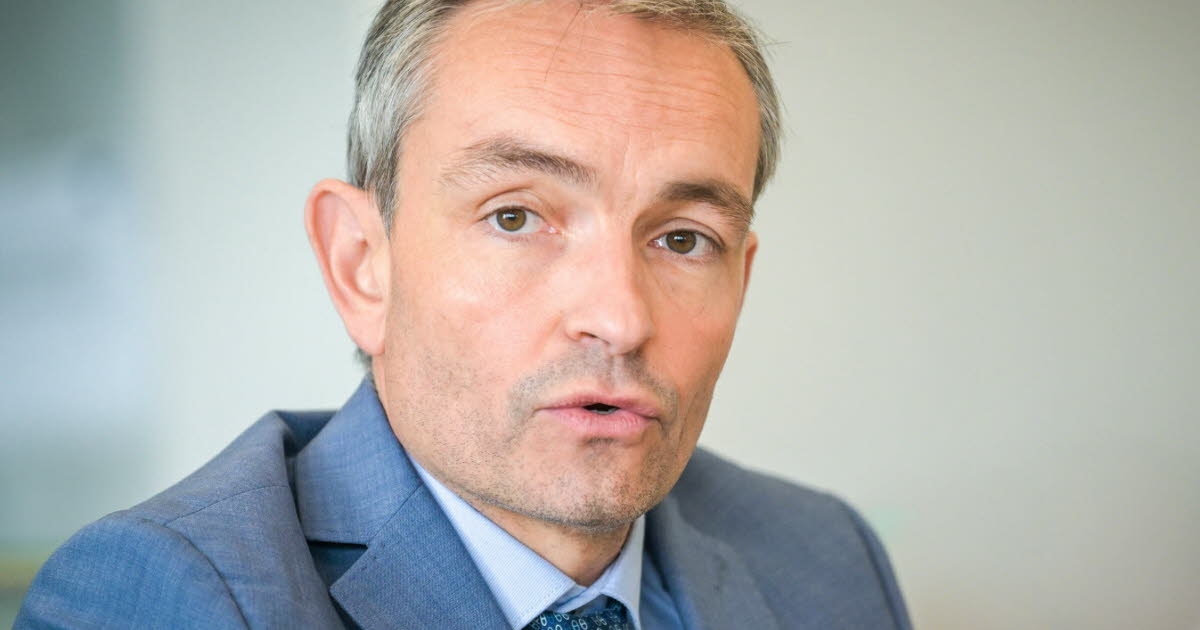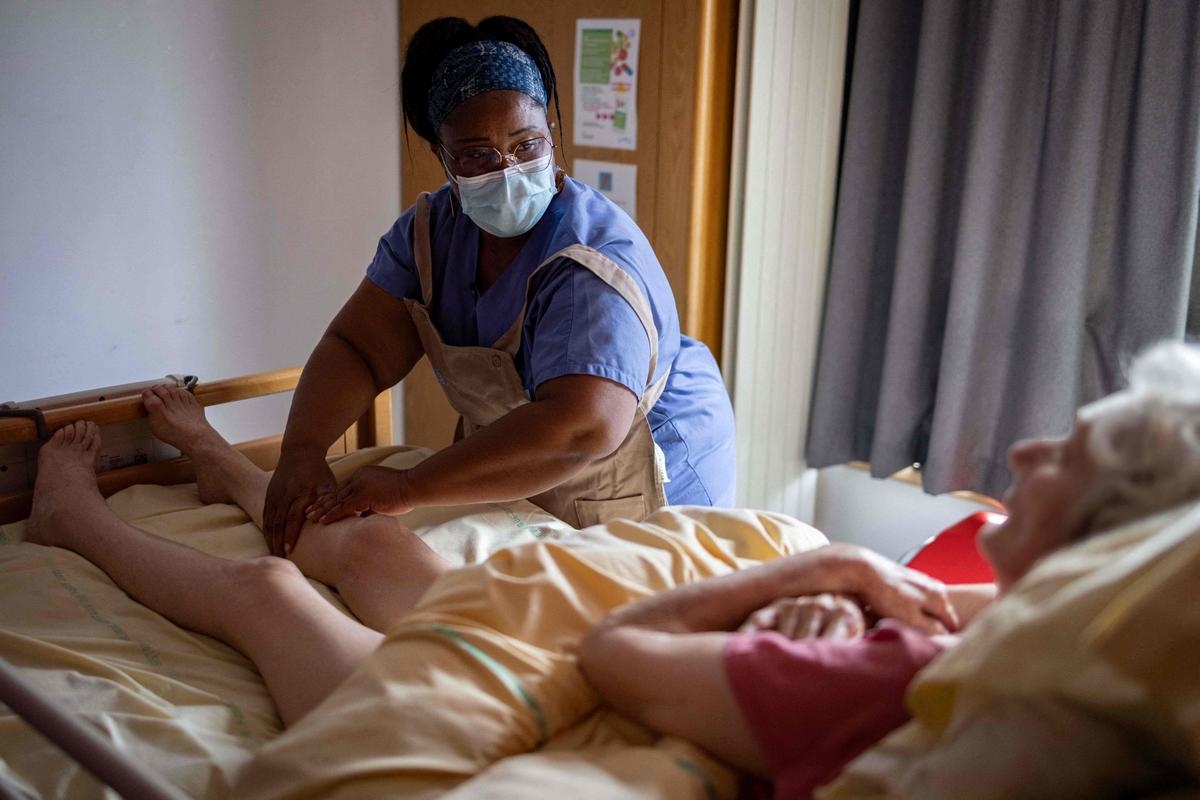Health. Shaken baby syndrome: 50% of mothers are not informed about managing crying

Shaken baby syndrome, now called "non-accidental head trauma," represents a serious form of child abuse. Cases in France are not isolated incidents. Every year, several hundred children are victims. While one in ten shaken babies dies, the others will suffer the consequences for the rest of their lives.
Shaken baby syndrome can indeed cause serious neurological damage which manifests itself through intellectual, visual or motor impairments, as well as behavioral, speech or attention disorders.
Persistent crying is the main trigger for this act, most often committed in a moment of parental exhaustion and exasperation.
While it is essential to inform new parents about this syndrome, a study conducted by Université Paris Cité, Inserm, AP-HP, Santé Publique France, CHU de Nantes and the start-up Kastafiore reveals that half of parents are not aware of the subject.
Among the 7,139 mothers who responded to a questionnaire two months after giving birth, 50.1% reported having received no crying management plan since their child's birth. Published in the scientific journal Child Abuse & Neglect, this study highlights significant disparities in the transmission of this crucial information.
Thus, advanced maternal age (over 30), already having children or not having participated in childbirth and parenting preparation sessions are factors that seem to increase the risks.
Furthermore, according to the authors, healthcare professionals may place less importance on informing more experienced or older mothers, wrongly assuming that they are already aware of this issue.
What is a crying management plan?Recommended by the French National Authority for Health (HAS), this document recalls several essential points such as the normal and transient nature of infant crying, concrete strategies to soothe baby, techniques for managing parental stress in the face of persistent crying, and the importance of never shaking a baby.
“Our results show that there is still significant room for improvement in the dissemination of this information. This requires better structuring and prioritizing the delivery of these plans in perinatal care pathways, so that all families can have access to them, equitably, throughout France,” concludes Luc Goethals, researcher at Inserm and lead author of this work.
Le Progres





